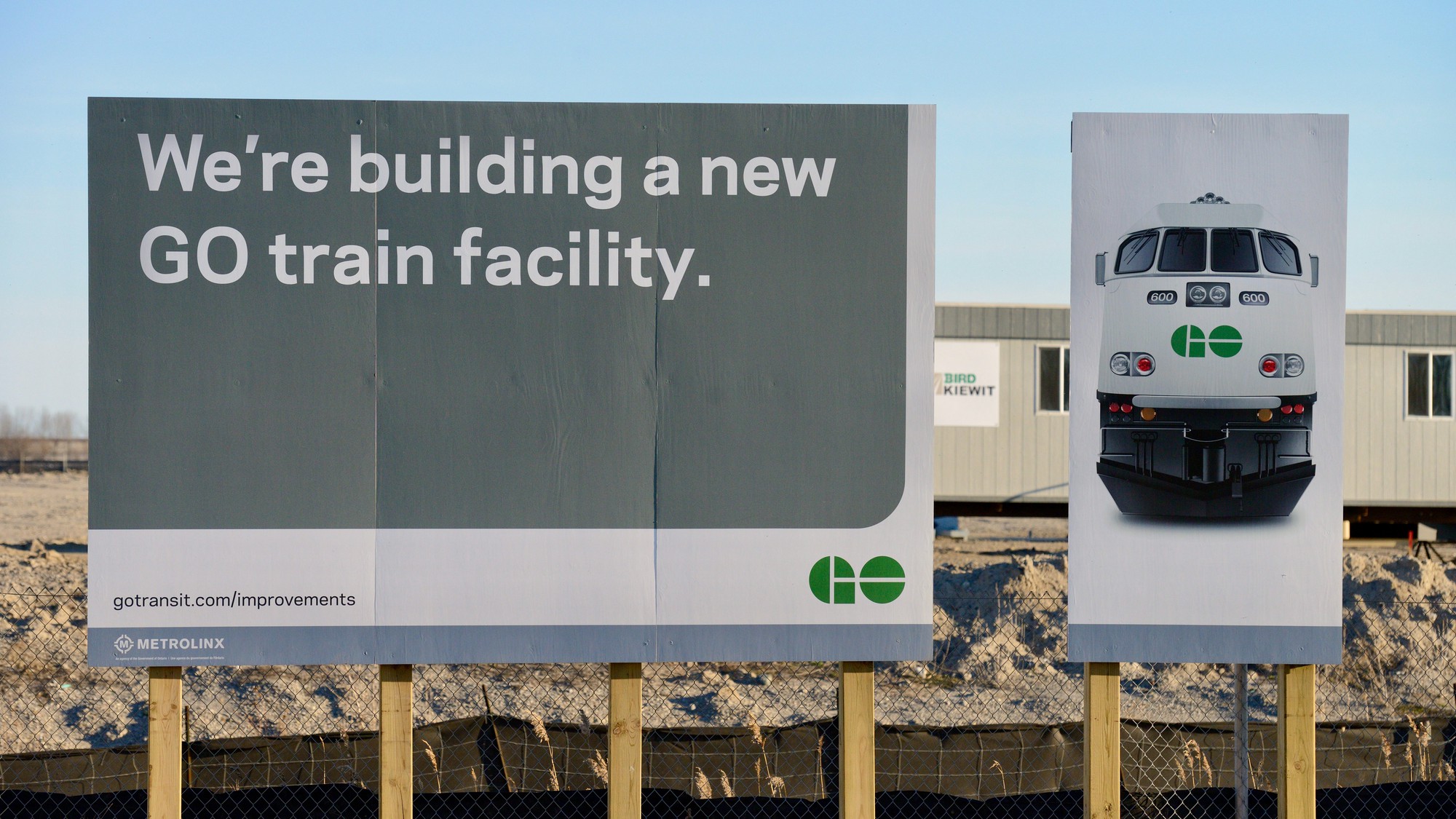A planned GO Station near Humber College’s North campus is expected to increase the number of visitors to the Woodbine Districts to more than 16 million per year.
“We are committed and excited to bring mass transit to Woodbine that will benefit the horse racing industry, our entire property, and the larger Rexdale community, including Humber College,” said Jamie Dykstra, Vice President of Communications and Coordination at Woodbine Entertainment, in an email statement to Humber News.
“We are continuing to work closely with the various stakeholders involved and look forward to sharing more news in the future,” the statement added.
The opening date is not confirmed at this time.
The station is proposed to sit along the existing Kitchener Rail Corridor, where GO trains run between Toronto’s Union Station and the Kitchener GO Station.
The Woodbine Race Track said on its website that Highway 27-Woodbine Station will provide safe, accessible, and efficient modes of transportation to people who live in the Etobicoke community and areas around it.
Also, with the province’s “One Fare” launch in February, riders will only pay once while transferring for free between the TTC and other GTA transit agencies, including GO Transit. This may allow commuters to ride from downtown Toronto to the Woodbine Racetrack, and freely transfer to a bus to Humber College.
Gabi Hentschke, Communications & Engagement Coordinator at Humber College’s Office of Sustainability, said people should have more sustainable transit choices.
“Opportunities for people to take whether it is [the] bus, subway, or other forms of transportation that are a group, collaborative or things that are not like a single person inside a vehicle… ways to make that more of a carpool or just in general reduce that environmental impact,” Hentschke said.
But she said people should understand certain projects may have their environmental impacts.
“So, it is a give-and-take, right? It’s not fully 100 per cent green, there will be some impacts as well,” she added.
The bulk of GO trains run on diesel.
Metrolinx, partnered with Woodbine Entertainment, released the Highway 27-Woodbine Station Environmental Project Report in Feb. 2020, and it said they have completed assessments and evaluations of possible effects the project may have on the natural environment, geology and groundwater, cultural heritage, air quality, and others.
Consulted people and groups include but are not limited to members of the public, property owners, review agencies, and Indigenous communities.
Further work to make GO Transit more environmentally friendly in general may be taking place. In April 2022, the provincial government gave out a contract for a project that would electrify more than 600 kilometres of track, and a high-speed electric train fleet that may let trains reach 140 kilometres per hour.
But as of then, not all the money and approvals required to create the entire system had been finalized. With construction set to have started last year, and smaller projects that “could result in incremental increases to GO Transit service in 2025 or 2026,” it was estimated that a fully electrified system would not be in place until 2032, CityNews reported.
An example of another project to increase GO Transit service incrementally was announced just on Monday.
Starting April 28, there will be over 300 new GO Train trips each week, “supporting two-way, all-day GO service on some of the province’s busiest train routes,” Ontario Premier Doug Ford said at a press conference on Monday.
“This means more options and greater convenience on Milton, Lakeshore West, Lakeshore East, Kitchener, Stouffville, and the UP Express lines,” Ford said.
There will be an estimated 15 per cent increase in weekly trips.
“I know the leadership of Premier Ford, our government has the most ambitious public transit infrastructure plan in our province’s history,” Ontario Minister of Transportation Prabmeet Sarkaria said at the press conference. “We’re making historic investments over the next decade to build the roads, highways, and transit our growing province desperately needs.”

